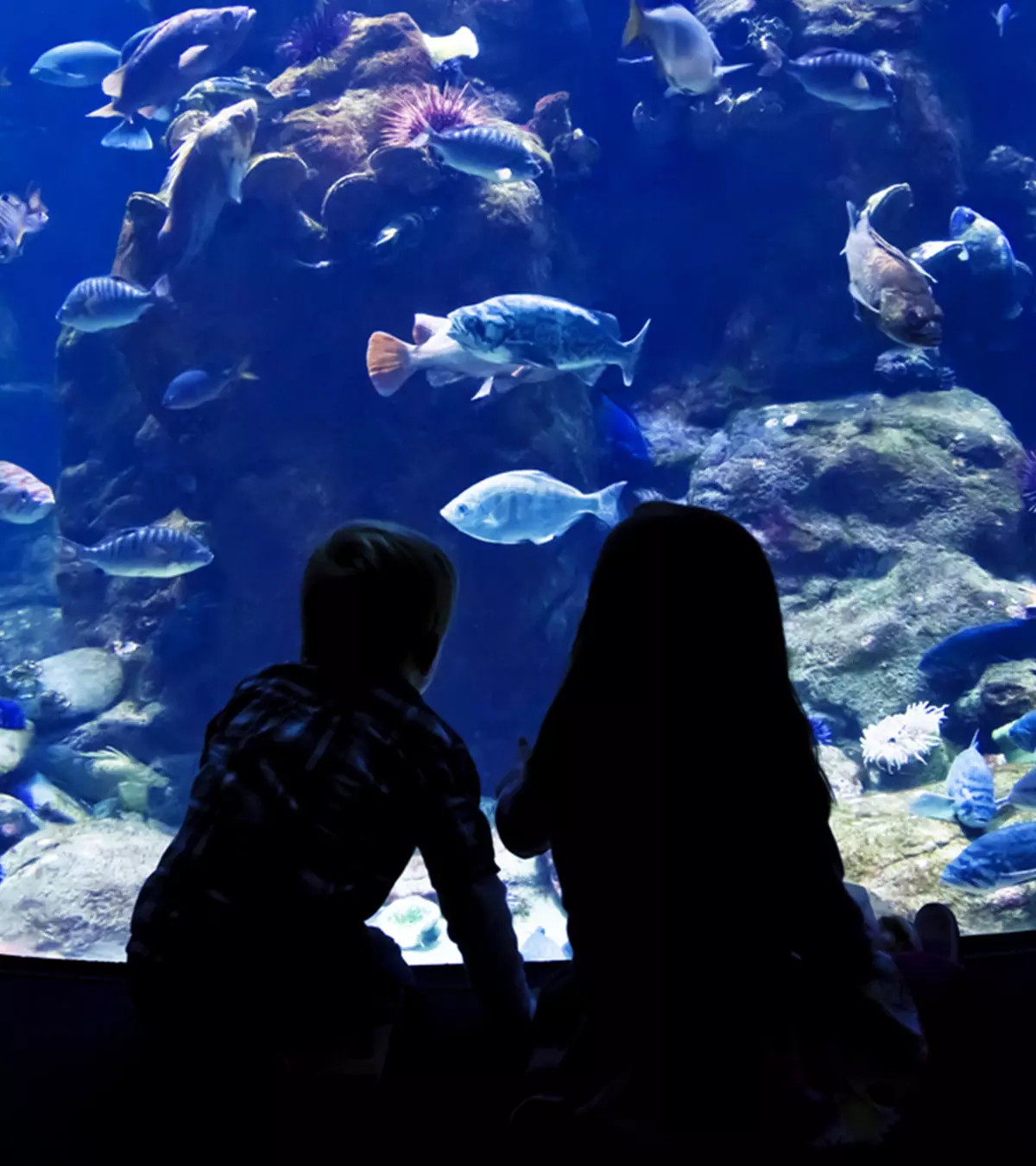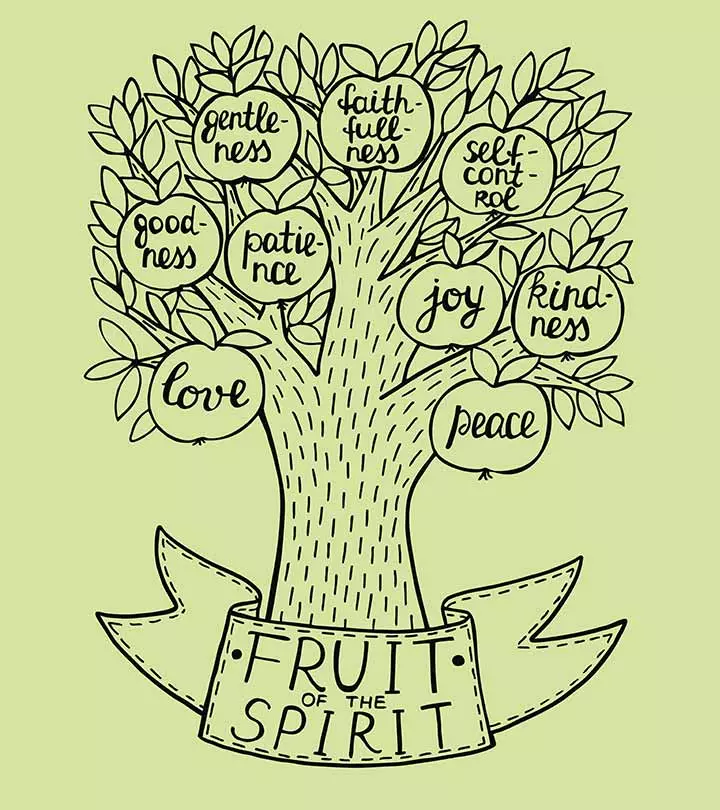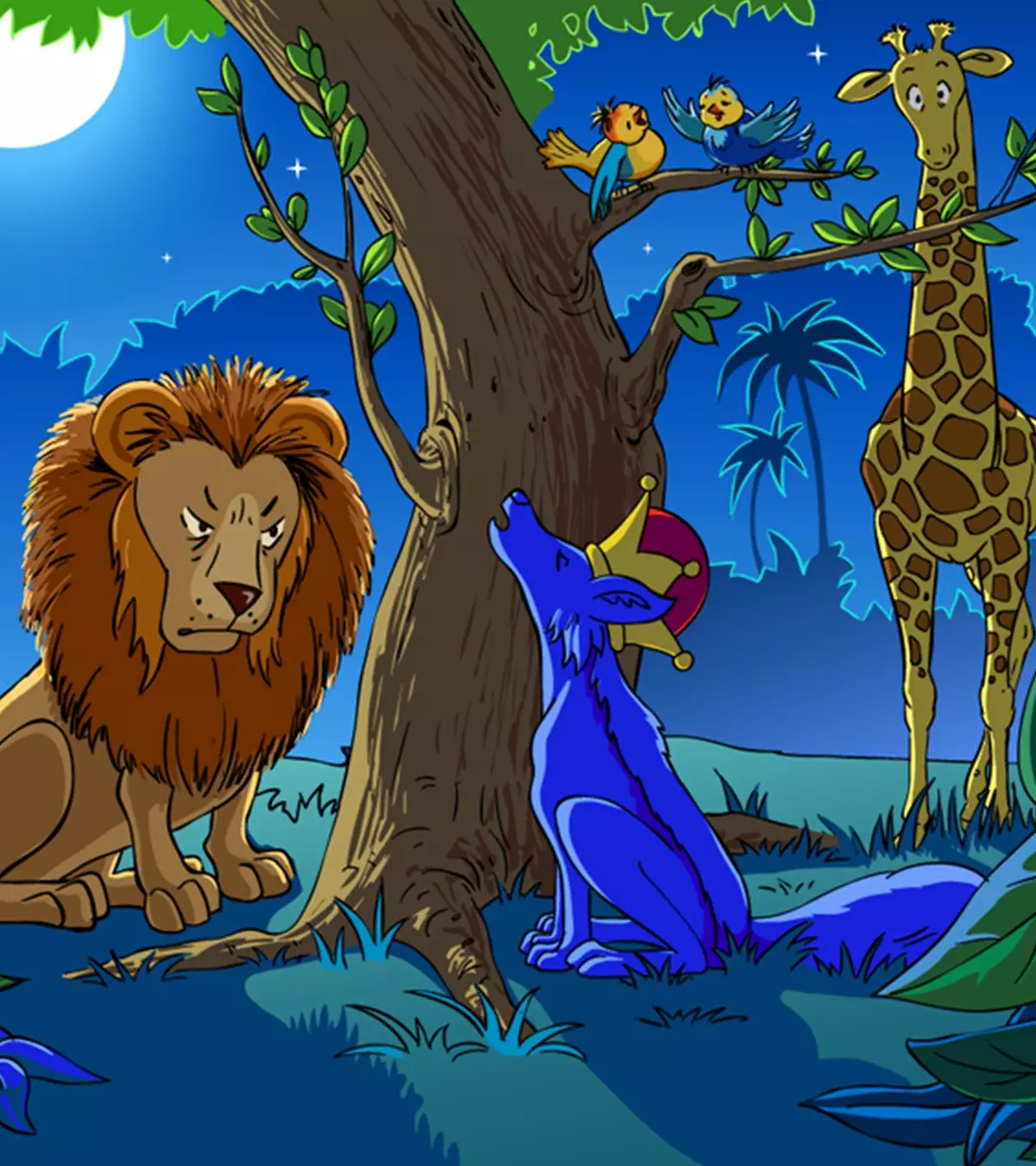
We all want to raise our kids to be smart individuals. Science facts for kids are an excellent way to create a keen interest in the child toward the subject. It can also be a delightful experience for the child if they love science already. Also, the earlier you begin, the higher the chances that your child will pick them up, even if you think science may be difficult at this age. Learning science facts can spark children’s curiosity, build their interest in scientific discussions, and instill a love of science. It’s important to nurture children’s scientific mindset when young so that they learn to appreciate what’s objective and discard what’s unreal and can’t be proven. This is an important life skill. Hence, the sooner they learn it, the better. And who knows, their curiosity may even make them a scientist, engineer, or astronaut someday! If you are looking for some scientific facts your child could learn, here is a carefully compiled list of facts that will fill them with awe. Exploring these facts together while encouraging questions and discovery.
Key Pointers
- Science facts can spark curiosity and help develop well-rounded individuals in young learners.
- Fun facts like fleas jumping 130 times their height can fascinate children.
- Environmental science facts, such as plastic taking 450 years to degrade, can raise awareness of important issues.
- Lobsters, turtles, and octopuses have unique scientific facts that are worth exploring.
Importance Of Science Facts For Kids
“You are the light of my life,” is one of the things you say to your child, to tell them how much you love them.
But did you know that if you were the light, you could travel around the world 7.5 times in just one second! And if you were a sound, you would take around four hours to go around the earth. Coming to the Earth, if it were as fast as Jupiter, our day would be over in just nine hours! But it is fair enough to give our planet 24 hours to complete a rotation, considering it carries seven billion people on it!
Interesting, isn’t it? These are just some of the many interesting science facts for kids, which amaze even us, the adults. Here are some of the most fascinating scientific facts you can share with your kids. Keep reading to be awed.
But First…
Let’s begin with a basic question: What is Science?
It is a systematic and structured study that involves observation, gathering evidence, experimenting, and testing to explain natural and man-made phenomena. The field of education allows us to understand the world around us better and helps us create, build/grow and preserve the good things for the benefit of man, animals, and every other organism.
Fun Science Facts For Kids
Children exposed to science at a young age are likely to develop curiosity and show better cognitive development (1). As Albert Einstein said, “I believe the most important thing is to awaken in the younger generation a strong love for scientific truth and ambitions so that the purer atmosphere thus created will gradually drown out the insensitive emotional motives that have brought so much misfortune upon our current generation (2).”
High school teacher and blogger Paul K. Strode discusses the importance of critical thinking for children. He says, “The most important thing we can teach our students is how to think like scientists… Getting students to think like scientists by using logical strategies (like the ones outlined above) can go a long way toward preparing many students for careers in science or simply provide all students with guidance on how to think like a scientist. This is especially true when students are faced with scientific claims that don’t fit comfortably with their own worldviews. Indeed, all of our students, regardless of whether or not they will pursue careers in science, are and will continue to be faced with issues, questions, and claims that may conflict with their worldviews or are suspect and require careful and methodical analysis. (i).”
Now that you know what we are talking about, it is time for some fun, good-to-know science facts! These trivia facts entertain and offer valuable insights into the natural world, making science fun for kids. Later, you can even help them with science experiments for kids where their knowledge meets action.
Science Trivia Facts
- The DNA in a person’s body, when uncoiled, can stretch from Pluto to the Sun and back.
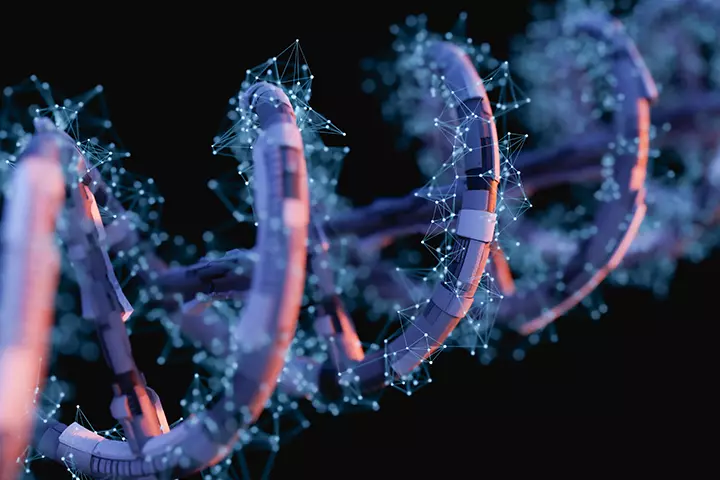
- A person’s sneeze can travel at speeds of about 100 miles per hour! Imagine if your sneeze fueled your movement!
- Fleas can jump around 130 times their own height. So if a flea were a person six feet tall, it could jump 780 feet high just like that. No superpowers needed!
- An electric eel can produce up to 650 volts of electricity. Touch it for the biggest shock of your life!
- A photoniThe smallest unit of light that makes up electromagnetic radiation takes 40,000 years to travel from the core of the sun to the surface of the sun. But it takes just eight minutes to travel from there to the earth.
 Did you know?
Did you know?Earth Science Facts
The earth is our home. To keep it safe and nurture our planet, we need to have some basic understanding of the biology, chemistry and physics of the Earth. The most engaging things to read are facts about the earth for kids. We bring you the most interesting ones here.
- The earth is between four and five billion years old. It is the same age as the moon and the sun.
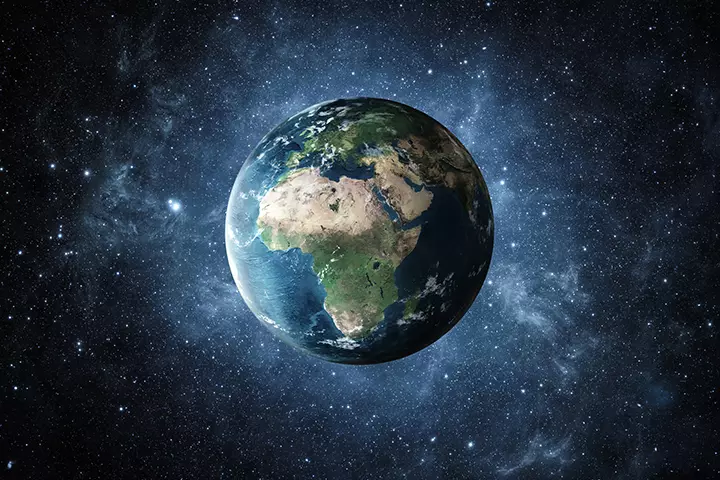
- Our planet is mostly made up of iron, carbon, and silicon, with a little bit of magnesium here and there. And you thought it was made up of people!
- It is the only planet in the solar system containing 21% oxygen in its atmosphere and water on its surface.
- The surface of the earth is made of tectonic plates that float on a rocky mantle lying between the surface and the core, which makes it vulnerable to earthquakes and volcanic eruptions.
- There are about 8.7 million unique species living on the earth! Of these, 2.2 million are in the oceans and the rest on land.
- Three-fourths of the earth is covered with water. When astronauts first saw the planet from space, they could mostly see water, so they called it the ‘Blue Planet’.
 Did you know?
Did you know?Environmental Science Facts
Why do we have seasons? What happens to the trash we make? What makes the environment cool or hot? You will learn these things when you study the ecosystem and ecology of the earth’s environmental science. Here are some facts about environmental science that kids should know, to protect the amazing planet we live on.
- The average time it takes for plastic to decompose is 450 years. Glass takes 4,000 years!
- We cut down around 27,000 trees every day to make toilet paper!
- 97% of water on the planet is salty and not usable. 2% is frozen. That leaves us with just 1% of usable water!
- The meat industry contributes most to the increase in global warming every year. Deforestation is second. Around 68% of plants are likely to become extinct.
- The population of the world is over seven billion right now and is estimated to reach eight billion by 2025.
- Sadly, 99% of all the species that ever existed on the planet are believed to have become extinct.
Amazing Animal Science Facts
The animal kingdom is a wonderful one. Whether it is the hand-holding otters, the powerful eels, singing whales, giggling rats, or gender-changing oyster, animals never cease to amaze us. Sharing amazing animal facts with kids can inspire a lifelong love of learning about the natural world and spark an interest in pursuing careers in fields like zoology and wildlife conservation. Here are some amazing animal facts your kids would love to know.
- Octopuses have three hearts; isn’t that a strange scientific fact?

- Here’s a strange animal science fact – lobsters pee from their faces and turtles can breathe through their butts!
- Male, and not the female, seahorses give birth to the young ones. Now that is a weird science fact, isn’t it?
- The Kakapo birdiA giant flightless nocturnal parrot that resembles an owl has a strong, musty smell that attracts predators easily. Because of this, the bird has become critically endangered.
- Squirrels plant more trees than an average human in their lifetime! How? They just hide their acorns and nuts underground and forget about them!
- 90% of the hunting is done by the lioness while the lion steps in only when required.
 Quick fact
Quick factPlant Science Facts You Didn’t Know
They make our planet green. They give us the air to breathe. They make this planet inhabitable. Trees and plants are perhaps the most important living things on this planet. Here are some interesting facts about them that you possibly didn’t know.
- Like humans, plants recognize their siblings and give them preferential treatment.
- The earth has over 80,000 species of edible plants. We only eat about 30 varieties.
- Humans continue to destroy forests. So far, we have cleared or destroyed 80% of the world’s forests.
- The oldest living tree in the world is in California, and is around 4,843 years old.
- The tallest tree in the world is around 379.1 feet high. This is in California too.
- The largest living organism on the earth is Quaking Aspen, a single tree in Utah which weighs 6,000 tonnes!
If your children are interested in learning more facts about plants for kids, make them read more and spend time in nature.
Space Science Facts
The Sun, the stars, the planets, the Milky Way, the constellations, and everything else in the Galaxy exists in this huge void, which we commonly call Space or Outer Space. Here are some interesting facts about outer space.
- The earth is miniscule when compared to the Sun, which is 300,000 times the size of our planet.
- The space, all of it, is completely silent, because there is no medium or mechanism to allow sound to travel.
- Venus is the hottest planet in our solar system. The surface temperature is 450 degrees celsius there!
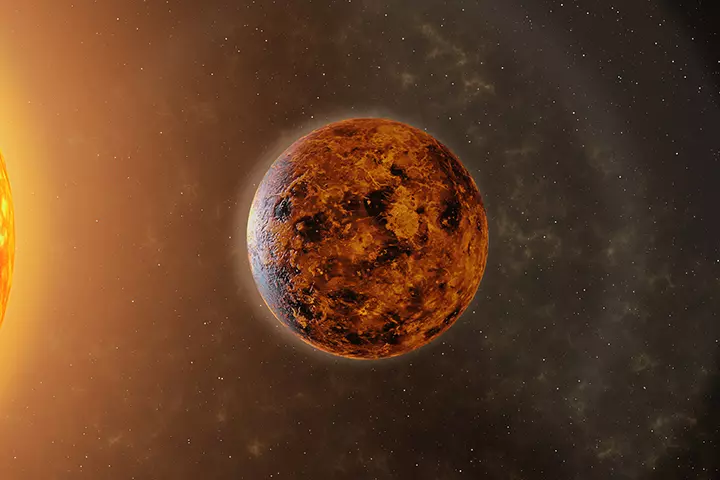
- Gravity changes how much the person weighs on a planet. Mars’ gravity is lower than earth’s, which means if you weigh 200 pounds on earth, you’ll weigh just 78 pounds on the red planet.
- As the moon does not have an atmosphere, there is no water or wind to erase the footprints made by the astronauts who landed on it. So the footprints are likely to stay there for a 100 million years!
- The Sun’s core temperature is around 15 million Celsius.
 Did you know?
Did you know?Famous Scientist Facts
For the longest time, people believed that the earth was flat. They believed that the seasons were the result of gods’ and goddesses’ emotions. Diseases were considered to be created by evil spirits. Until great minds, the scientists as we know them, came forward and argued otherwise. If it weren’t for some of the greatest scientists, we would still be living in ignorance.
- Einstein was a late bloomer. But a genius. His brain was preserved for studies after his death!
- It was Copernicus who disproved the belief that the Earth was the center of the universe. He created the model of the solar system with the sun in the center and planets around it.
- Leonardo Da Vinci was not just a painter. He was a mathematician, scientist, artist, writer and also a musician!
- The principle of displacement was discovered by Archimedes, when he was in the middle of a bath, in his tub. Here is the funny thing—it is said that he ran straight out of the bathtub screaming “Eureka”. He was so happy that he didn’t realize he was naked!
- Marie Curie, one of the people who discovered radium from uranium, was the first scientist to be awarded two Nobel prizes.
Technological Science Facts For Kids
Technology is what drives the human race. While that is good to an extent, the fact that most of us are so dependent, and even obsessed with technology, is scary at times. On a lighter note, here are some interesting facts about technology we use every day.
- The first ever home video game developed was in 1967. It was called a brown box, because it looked like one.
- The first computer of the world, the ENIAC, weighed around 27 tonnes and occupied an entire hall.
- The internet and the World Wide Web are not the same thing.
- While robotics is one of the fields that scientists are focusing on now, Leonardo Da Vinci sketched the plans to build a robot way back in 1495.
- The “camera obscura” was a device similar to the camera and played an important role in the development of the device. It was used by the ancient Greeks and Chinese to project images on a screen.
- An interesting technological development is the use of vegetation waste to create methane, which in turn can be used to generate electricity!
Engineering Science Facts
Engineering is an excellent field that has helped us create many marvelous things, from buildings and vehicles to gadgets and whatnot!
- The world’s tallest bridge is the Millau Viaduct in France, which stands at a height of over 1,000 feet, is supported by beams and is suspended by cables.

- The Palm Islands in Dubai are among the top engineering marvels of the world, considering that they are man-made islands built entirely of sand and rocks.
- The world’s largest particle acceleratoriA device that accelerates charged particles such as electrons or protons to extremely high energies into a beam is located in Geneva. It was built with the help of over 10,000 scientists and is located in an underground tunnel.
- The Chandra Observatory is the world’s largest X-ray telescope in the world. It is also the largest satellite launched into space.
- The golf ball with dimples was designed by English engineer William Taylor, so that they can reduce the drag and fly farther than the smoother ones.
One of the most ambitious projects and innovations in the world today is The New Valley Project in Egypt, where engineers are trying to convert millions of acres of desert into agricultural land. Imagine if we could restore the earth’s green cover that way! Our planet would be back to being the healthy place that it used to be once.
Food Science Facts
- Peppers have more Vitamin C than oranges.
- Raspberries belong to the rose family.
- Cucumbers contain more water than watermelon.
- Potatoes were the first food to be planted in space.
- Figs are not fruit but are inverted flowers.
- Almonds are seeds and not nuts.
- Rhubarb grows at such an incredible rate that you can hear them grow.
- Pufferfish is dangerous to consume when prepared improperly due to its toxic content.
- The color of natural honey varies depending on the flower used during pollination.
- Having too much nutmeg spice can cause hallucinations.
- Edible oysters do not produce pearls.
- The commonly known lima beans contain cyanide.
Tips To Make Science Facts Fun For Kids
Science facts can be fun, but simply telling them to children isn’t enough to trigger their interest. Here are some tips to make these facts engaging and memorable for kids:
- Challenge them: Use trivia games or quizzes to test their knowledge in a playful manner. You can also create a “Did You Know?” board and update facts daily or weekly.
- Use interactive activities: Not all science experiments need extensive and costly equipment. You can show children how science works with simple things like bottles and straws. Demonstrations also help children remember facts easily.
- Focus on their interests: Every child has different interests. You can share fun facts related to their field of interest. Otherwise, you could ask them to research and come up with fun facts related to their interests. It will make them connect with the subject at a deeper level.
- Use superheroes: Most children admire superheroes. You can use them to connect scientific facts and allow the children to think in a real-life situation. For instance, you can ask, “Do you think Iron Man’s suit would have survived in space?” Children can come up with their answers according to their logic.
- Encourage exploration: Take the children on a nature walk and allow them to explore plants and insects. A museum trip can show them the evolution of machines, while planetariums and zoos can teach about space and animals, respectively.
- Indulge in crafts: You can make 3D models of scientific ideas. This allows children to visualize how things look. Models of the solar system and the human DNA can be found in many classrooms. You can begin with simple, easy-to-understand models and gradually raise their complexity based on your child’s interest.
Frequently Asked Questions
1. Why are scientific facts important?
Knowledge and learning about scientific facts are essential to be aware of all the natural processes of the earth as well as discoveries and technologies. These further help develop individual or collective projects, solve questions and problems, and understand the existence and use of different life forms and objects.
2. Is there truth in scientific facts?
Yes, scientific facts are based on exhaustive research, experiments, and observations that have been tried and tested. These researches produce explainable results to back their claims (1) (2).
3. How can science facts help kids develop critical thinking skills?
Science facts for children can boost critical thinking skills by fostering inquiry and logical reasoning. Children are encouraged to analyze information and make evidence-based conclusions while engaging with scientific concepts. This process stimulates their ability to think critically, evaluate claims, and build logical and rational thinking abilities (7).
4. What role do science facts play in fostering a love for learning in children?
Science facts can make learning captivating and applicable to children’s lives. When children come across intriguing scientific facts, they are driven to delve deeper, fostering a greater appreciation and excitement for acquiring knowledge in general.
5. What are the benefits of using visual aids or experiments alongside science facts for kids?
Using visual aids or conducting experiments alongside science facts for children helps improve comprehension by presenting concrete examples, making abstract ideas easier to understand. It encourages active participation, enabling children to engage directly with the subject matter and foster a greater sense of curiosity and fascination. Several science shows for kids keep happening around, and they can be a fun learning experience for your little ones.
6. What are some fun science activities for kids?
You can try simple science activities such as making a volcano with baking soda and vinegar, growing crystals from sugar or salt, or creating a simple circuit with a battery and a light bulb. You will find several videos of these experiments on YouTube.
Science is an interesting subject, full of exploration, provided you understand its basics right. These science facts for kids take your child on a science ride filled with intriguing questions about animals, insects, the anatomy of the human body, the earth, the environment, and more. Share these interesting and fun facts for children and fuel their curiosity to learn more and more about the world around them. You can organize science trivia at home over the weekend or a quiz with family and friends where you can share these facts with your child.
Infographic: Amazing Science Facts For Kids
Keeping kids engaged can be a tough task whether you’re at a party or a get-together. But sharing scientific facts can surely do the trick and educate them at the same time. Take a look at the infographic below to learn science facts that you can share with them and have a great learning time together. Illustration: Momjunction Design Team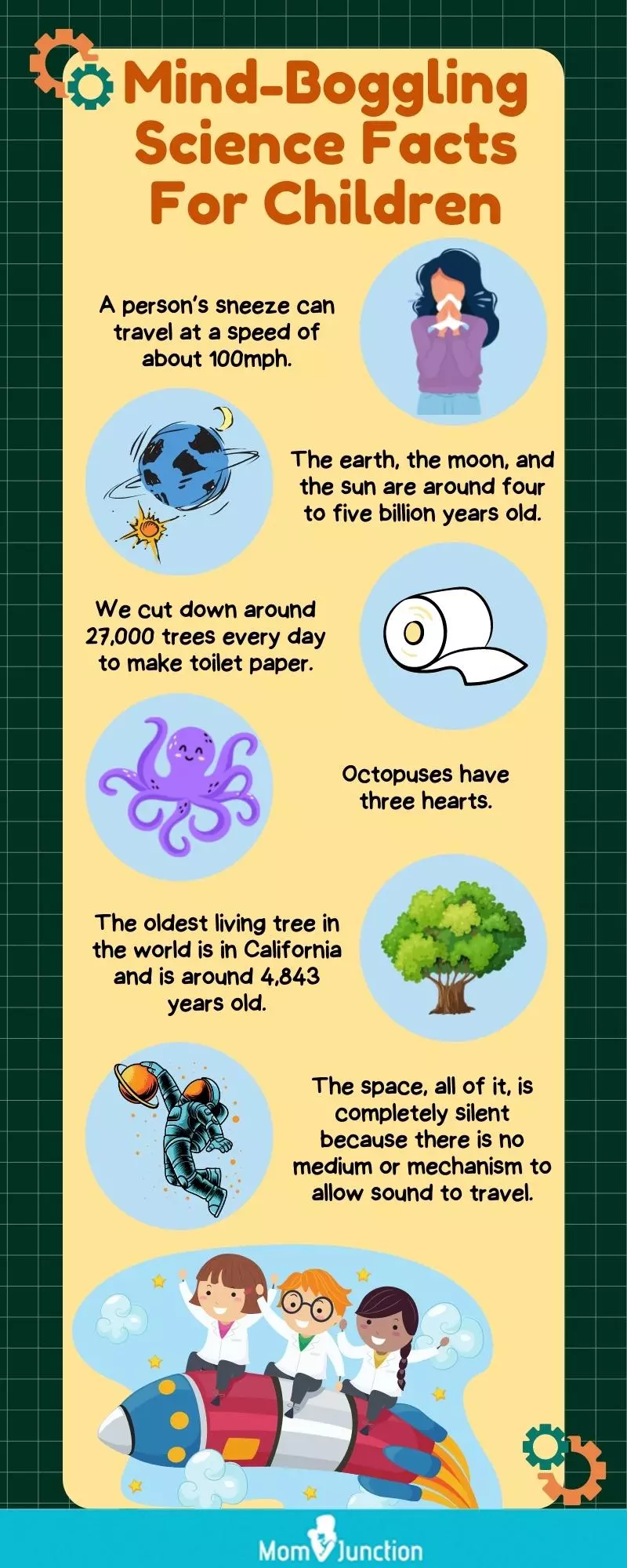
Illustration: Fascinating And Little Known Science Facts For Kids

Image: Dalle E/MomJunction Design Team
Explore some of the most fascinating science facts through our educational “Did You Know” Science videos for kids. Let your kid embrace the wonders of science through this engaging journey of discovery.
Personal Experience: Source
MomJunction articles include first-hand experiences to provide you with better insights through real-life narratives. Here are the sources of personal accounts referenced in this article.
i. Getting Students to Think Like Scientists;https://mrdrscienceteacher.wordpress.com/2016/07/19/getting-students-to-think-like-scientists
References
- Jamie Jirout and David Klahr; (2012); Children’s scientific curiosity: In search of an operational definition of an elusive concept.
https://www.cmu.edu/dietrich/psychology/pdf/klahr/PDFs/Scientific%20curiosity.pdf - Albert Einstein in his own words.
https://www.nsf.gov/news/albert-einstein-his-own-words - Scientific Principles and Research Practices;
https://nap.nationalacademies.org/read/1864/chapter/4 - WHY CAN WE TRUST THE INFORMATION PRODUCED BY SCIENTIFIC RESEARCH;
https://thesciencebehindit.org/why-can-we-trust-the-information-produced-by-scientific-research/ - Interesting science facts that nobody knows
https://topessaywriter.org/interesting-science-facts-that-nobody-knows/ - The Longest Mountain Range
https://www.earthdate.org/episodes/the-longest-mountain-range - 11 Fun Facts About Animals With The Most Unusual Sleeping Habits
https://www.goodnet.org/articles/11-fun-facts-about-animals-most-unusual-sleeping-habits - 10 Crazy facts you didn’t know about space.
https://theplanets.org/space-facts/ - Teaching critical thinking in science – the key to students’ future success
https://www.cambridge.org/gb/education/blog/2018/10/18/teaching-critical-thinking-science-key-students-future-success/
Community Experiences
Join the conversation and become a part of our nurturing community! Share your stories, experiences, and insights to connect with fellow parents.
Read full bio of Elisa Yi
Read full bio of Bharathi V
Read full bio of Harshita Makvana
Read full bio of Kavita Kankani






